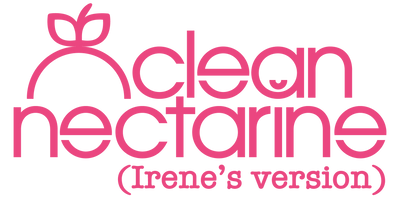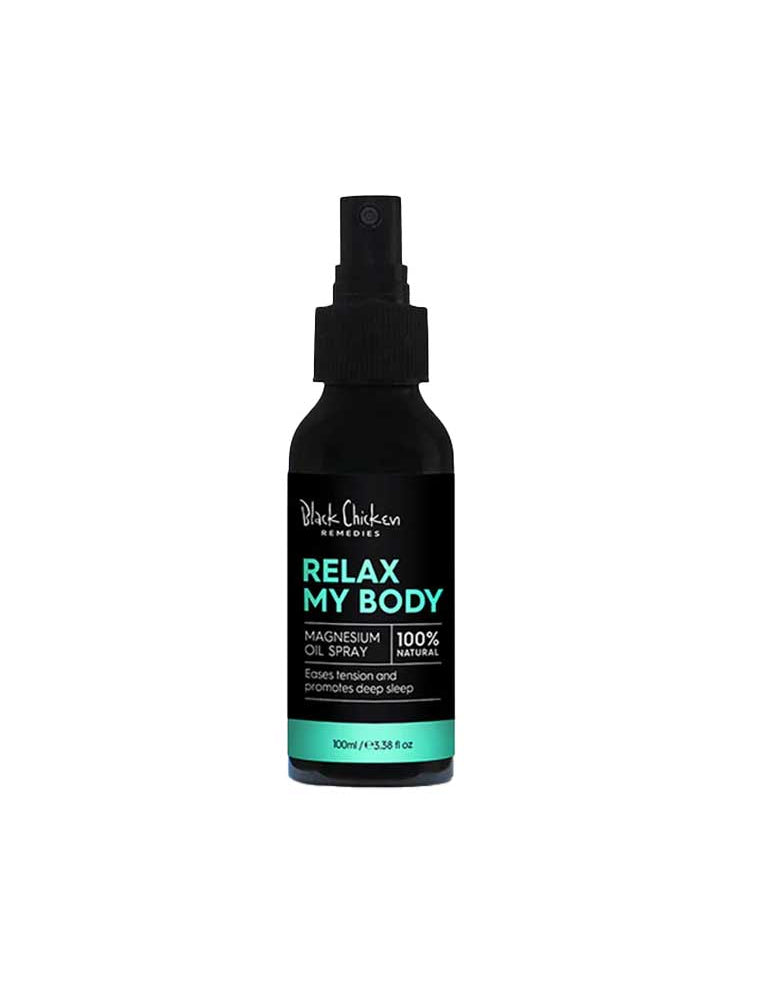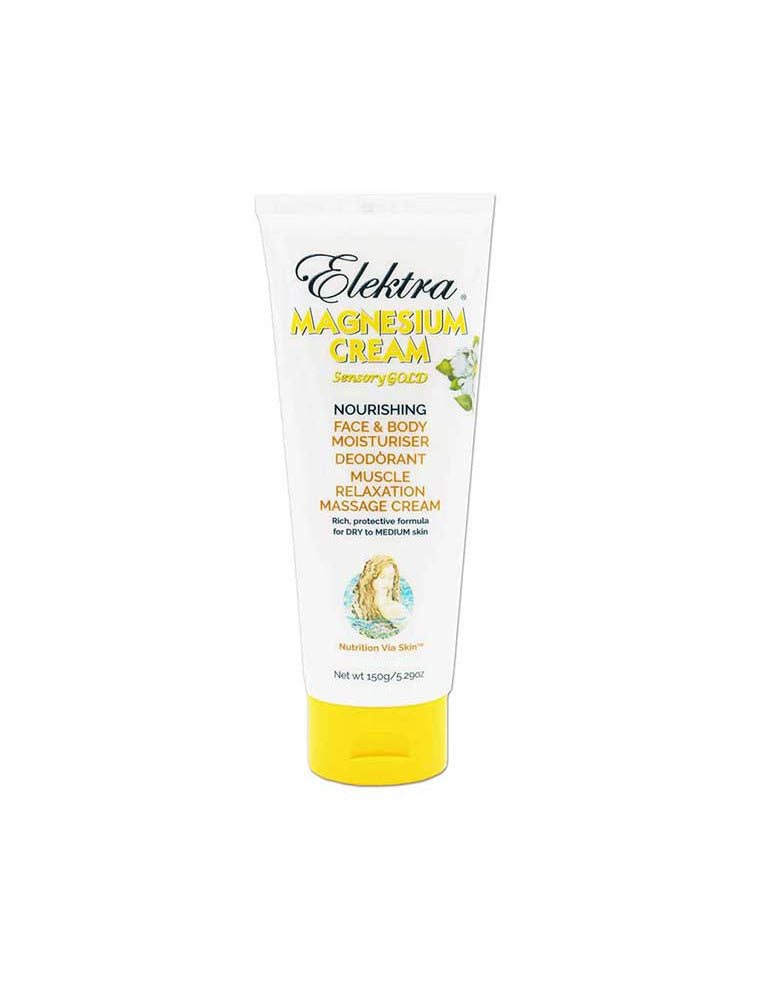
Stress & Adaptogens: Your Questions Answered
Discover information about adaptogenic herbs and natural ingredients traditionally associated with stress response and wellbeing.
Popular Q&As for Stress & Adaptogens
1. What are adaptogens and how are they traditionally used?
Adaptogens are herbs like Ashwagandha, Reishi, and Siberian Ginseng that have been used for centuries in traditional medicine systems. These plants have been studied in relation to the body's stress response systems, particularly the hypothalamic-pituitary-adrenal (HPA) axis. Unlike stimulants or sedatives that have more pronounced immediate effects, adaptogens are associated with more balanced physiological responses. They have connections to adrenal function and various aspects of hormone activity, cognitive function, and overall vitality. Many adaptogens have historical significance in various cultural practices, with growing modern research examining their properties and mechanisms.
2. What natural ingredients are commonly associated with relaxation?
Various natural ingredients such as Ashwagandha, Lemon Balm, Passionflower, and Magnesium are found in products related to relaxation and everyday stress. These compounds have relationships with the body's nervous system and are studied for their properties. Lemon Balm and Passionflower have traditional uses related to mood and nervous tension in various cultural practices. Magnesium is involved in numerous bodily processes, including those related to neurotransmitters and nervous system function. Ashwagandha has been the subject of studies examining stress perception and cortisol levels. L-theanine, an amino acid found in green tea, has been studied in relation to alpha brain wave activity. These ingredients are often incorporated as part of a holistic approach that includes proper sleep, exercise, and various stress management techniques.
3. How is stress related to hormonal activity?
The body's stress response involves cortisol, which has various relationships with other hormonal systems, including reproductive hormones. During periods of stress, the body prioritizes certain hormonal pathways over others in what's sometimes called the "pregnenolone steal." These hormonal relationships can have connections to menstrual cycle experiences, thyroid function, and mood fluctuations. Stress also has associations with insulin activity, which relates to metabolism and energy regulation. For women, stress has been studied in relation to menstrual cycles, premenstrual experiences, and perimenopause. For men, research has examined relationships between cortisol and testosterone production. The body's stress response evolved for short-term challenges rather than the ongoing stress common in modern life. Many people explore stress management through mindfulness practices, sleep habits, nutrition, and various supplements.
4. Which adaptogenic ingredients aren't associated with drowsiness?
Many adaptogens including functional mushrooms and Rhodiola are traditionally used to support normal daily function without typically causing drowsiness. These adaptogens are studied for their normalizing effects on bodily functions rather than pushing them in one particular direction. Some ingredients like L-Theanine are associated with a state of relaxed alertness and have been studied in relation to alpha brain wave activity. B vitamins are involved in energy metabolism while also playing roles in nervous system function during periods of stress. Holy Basil (Tulsi) is another adaptogen that many people describe as energizing rather than sedating. It's important to read product labels and use only as directed by the manufacturer.
5. How are sleep and stress interconnected?
Sleep and stress have a bidirectional relationship - sleep patterns can influence stress hormone levels, while stress experiences often coincide with changes in sleep quality. During sleep, the body regulates cortisol and processes emotional experiences from the day. Research suggests that sleep duration can affect cortisol levels the following day, potentially influencing reactivity to stressors. Many sleep experts recommend consistent sleep practices: regular bedtimes, limiting screen exposure before bed, creating a cool dark sleeping environment, and being mindful of caffeine and alcohol consumption. Natural sleep ingredients like magnesium, specific herbs, and nutrients related to melatonin production are often discussed in relation to sleep quality. Improvements in sleep patterns may influence how the body manages stress hormones in daily life.
When considering any new diet, vitamins or supplements it is important to seek advice from your healthcare professional. ALWAYS READ THE LABEL AND FOLLOW THE DIRECTIONS FOR USE.

Earn Juicy Rewards
Login to earn Juicy Rewards on every order.
























